Curated by: Shaggy
Half of the positive outcomes in software development come from choosing the right approach to it. Keeping your processes updated is critical to ensure that a project goes smoothly, as software development is a complex process that requires careful planning and execution. To that end, there are a variety of different approaches, each with its advantages and disadvantages, that are ultimately chosen by the specific needs and goals of the project. So, with that in mind, let’s talk about frameworks.

In software development, a framework is a set of tools and libraries providing a common structure for building applications. A web application framework, for example, may include libraries for handling requests and responses, session management, and template rendering, as well as functionalities for routing, authentication, and other common tasks. By providing a structure, frameworks can make development easier by reducing the amount of boilerplate code needed, in addition to providing a consistent approach to solving common problems.
That’s why software developers and project managers are always on the lookout for new tools and frameworks that can make things more efficient, ensuring they remain updated and knowledgeable in the latest trends. However, there is often a trade-off between using the latest and greatest technology and having to learn how to use it effectively; anything new added to an established workflow will include a learning curve, and in some cases, the latest technology can slow down a team rather than help them achieve an outcome more efficiently.
“Developers may need to spend time learning the new tool properly before they can start using it effectively, especially if the new tool is different enough from what the team is used to, causing more problems than it solves”, says Adolfo Cruz, Partner and PMO at Scio. “Ultimately, whether or not developers benefit from using the latest frameworks in software development depends on the particular case. It’s important to weigh the pros and cons of each new tool before making a decision.”
Is it a good idea to constantly adopt new frameworks?

There’s no one-size-fits-all answer to this question, but we can see on paper why this might make sense; by using the latest frameworks, a team can take advantage of the most up-to-date features and capabilities, and they are generally more efficient than older ones, which can save your team time and resources in the long run. Moreover, choosing a new framework shows that your team is committed to keeping up with the latest trends and technologies.
“In my opinion, [frequent change of frameworks] can be a negative thing, because sometimes the latest version still has some kinks to work out”, says Carlos Estrada, Lead Application Developer at Scio. “Using a technology that has already been tested by the community or by your team can save you a lot of bugs and headaches. Is not wrong to try the latest framework at every opportunity if you are part of a start-up that’s barely getting off the ground, but for a more established company with clients and expectations, I wouldn’t recommend it.”
With that in mind, adopting a new framework is not something to be taken lightly, and the best timing for this will vary depending on the specific project and the team involved, as well as the resources you can commit to it. To that end, there are a few general factors to keep in mind when deciding whether or not to implement a new framework into your development cycle:
- First, consider whether the new framework offers significant advantages over the current one. If it’s simply a personal preference, it may not be worth the time and effort required to switch frameworks. However, if the new framework offers significant improvements in terms of performance or efficiency, it may be worth considering.
- Then think about whether the team is ready and willing to learn a new framework. If team members are resistant to change, it may not be worth force-feeding them a new framework, lest it critically disrupts the development of a product. However, if they’re open to learning something new, adopting a new framework can be an excellent way to keep them engaged and excited about the project.
So logically, there are downsides to this approach if an organization is constantly selecting new frameworks, negating any advantages that the framework might offer in the long run, especially in a field like software development where innovation and disruption are always moving forward.
“Many developers spend lots of time constantly learning the next new framework. There are many existing frameworks, and they move in and out of vogue rapidly. As mobility matures, developers will benefit more from consistent approaches to mobile development as they move across SDKs and frameworks. A consistent approach to security, integration, development, and management enables quality and speed”, are the words of this article on some common myths about software development; although it’s focused on mobile application design, it’s also a bit of good advice for any kind of software work.
So, while it may be tempting to keep trying frameworks to entice new projects, there are some definite advantages to sticking to one specific framework. For starters, using the same framework will help to streamline the development process, since you and your team will already be familiar with the tools and syntax, as well as making it easier to share code between projects, which can be a huge time-saver. And at the very end, using the same framework across multiple projects will give you a better understanding of its strengths and weaknesses, which can help you to develop more efficient and effective code.
But how do you choose the “best” one?

Ultimately, there are several compelling reasons to be consistent with your frameworks during every project, and by doing so, you can enjoy a smoother development process and better code quality. However, different projects and challenges might need different approaches, so selecting a framework that makes sense for your organization requires consideration and care. As starting points, you might want to consider the…
- Support: Most frameworks are open-source and community-driven. One with a big pool of developers and engineers contributing to it and a direct line of communication in case of any issues will always be preferable. After all, a framework is as good as the people surrounding it, so if their last update was in 2018, no matter how good a framework might be, sooner or later it can leave you behind the curve.
- Security: The more security functions you can add through a software framework, the better, so choosing one that allows you this flexibility already makes it hard to top.
- Sustainability: The chosen framework keeps up with the Software Development Lifecycle? If not, then you are not working with a tool with a sustainable future, so selecting something scalable and with enough flexibility might be the best course of action.
- Documentation: Linked to the ‘Support’ point above, thorough and well-written documentation of the framework is invaluable to learn it quickly, a critical requirement if you are looking for a new framework that makes upgrades easy to implement.
- Outcomes: What does it offer to a client and a final user? Does it allow making progress on a project faster (for a client) while making it easy for feedback to be implemented satisfactorily (for an end user)? How a framework works beyond the development cycle is always an important consideration to make.
Ultimately, however, there’s no perfect answer to this question, and it will vary depending on the specific circumstances of each development cycle. And while there are benefits to using different frameworks for different projects, there is also value in being consistent with one particular framework, like reducing training costs and onboarding for new developers, making it easier to share code between different applications. Most importantly, it can promote greater consistency in the quality of the final products, so if you keep these general considerations in mind, you should be able to decide what’s best for your project and team at every turn.
The Key Takeaways
- Selecting the correct approach to development can make the difference between a good outcome and a bad one.
- Frameworks are a great example of this: selecting the correct one for a project can make things easier for everyone involved in development.
- New frameworks are coming up all the time, so weighting their advantages and disadvantages is critical for any business looking to adopt them.
- There are lots of reasons why having a consistent set of frameworks might work better in the long run than using whatever new one comes up, in terms of time, investment and money.
Scio is an established Nearshore software development company based in Mexico that specializes in providing high-quality, cost-effective technologies for pioneering tech companies. We have been building and mentoring teams of engineers since 2003 and our experience gives us access not only to the knowledge but also the expertise needed when tackling any project. Get started today by contacting us about your project needs – We have teams available to help you achieve your business goals. Get in contact today!
